In today’s fast-paced digital world, it’s incredibly easy to fall into the trap of reading news from a single source. You find a channel, newspaper, or app you like, and soon enough, you’re sticking to it like glue. But here’s the thing there’s a whole world out there, filled with countless perspectives, opinions, and facts waiting to be explored! So, why should you make the effort to follow diverse news sources? Let’s break it down, and we’ll even throw in a bit of humor to keep things light.
Broaden Your Horizons Get Out of the Bubble
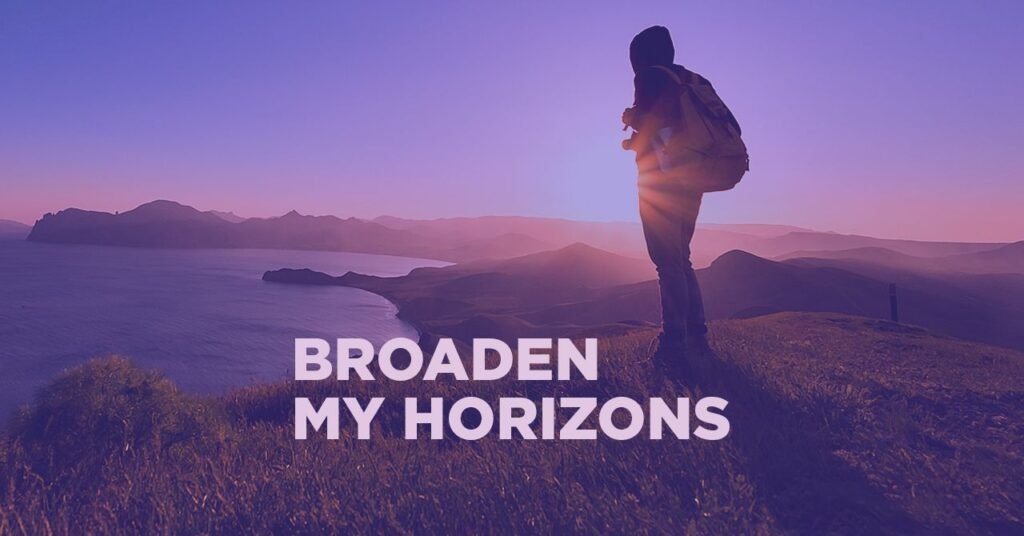
Imagine this: You’ve eaten the same breakfast cereal every morning for the last 10 years diverse news sources. Now, suddenly, someone hands you a croissant. Mind blown, right? The same goes for your news consumption. Sticking to one source is like eating the same cereal every day familiar but limiting. By diversifying your news sources, you get the croissant (or donut, if that’s your thing) of information. You expose yourself to new ideas, opinions, and worldviews.
Tip: Don’t limit yourself to just the major news outlets. Explore local sources, international platforms, and independent journalism. You’ll discover perspectives that you might never have considered.
Avoid Bias See the Whole Picture
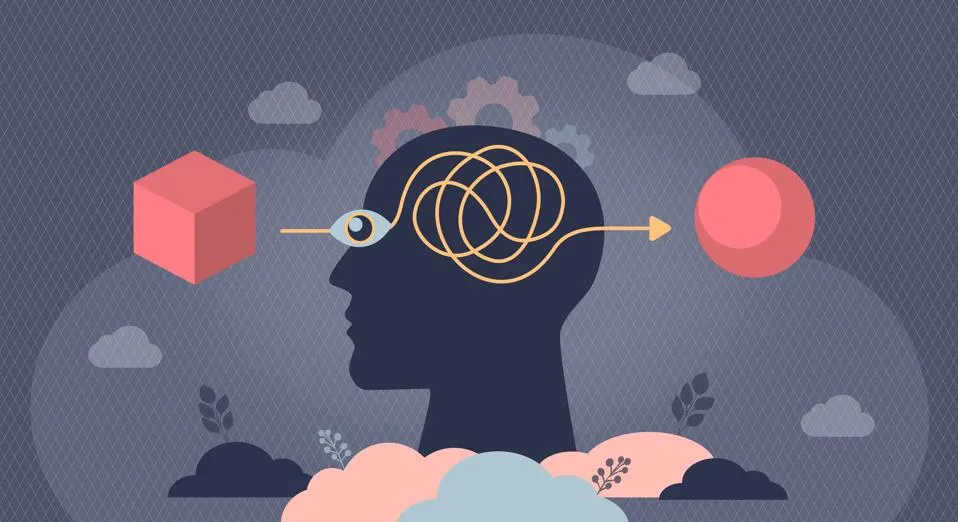
We all know that every news outlet has some bias. Yes, even your favorite one diverse news sources. Some news platforms lean left, others right, and some even dance around in circles. When you rely on only one source, you’re getting a slice of the pie, not the whole thing. Following multiple outlets lets you gather bits of information from different perspectives, allowing you to form a well-rounded understanding of what’s really going on.
Think of it like putting together a puzzle. Every piece of news from a different source adds to the full picture. You wouldn’t complete a puzzle with just one piece, would you? (Unless you’re a magician… or cheating!)
Stay Informed, Not Misled
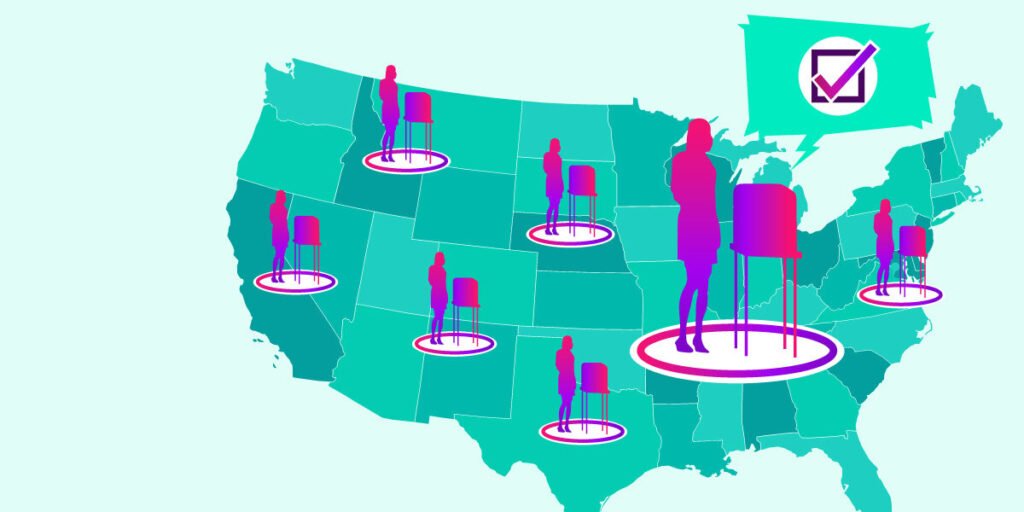
It’s no secret that misinformation is rampant these days. Fake news, clickbait headlines, and sensationalism can lead to misunderstanding or, even worse, believing the Earth is flat. diverse news sources When you follow diverse news sources, you’re less likely to fall into the misinformation trap because you’ll be able to compare and verify facts across multiple platforms. It’s like fact-checking on steroids!
Additionally, some platforms focus solely on entertainment or skew the facts to get more clicks. Diversifying your sources helps you filter out the nonsense and focus on actual news that matters.
Gain Global Awareness the World Is Bigger Than Your Neighborhood
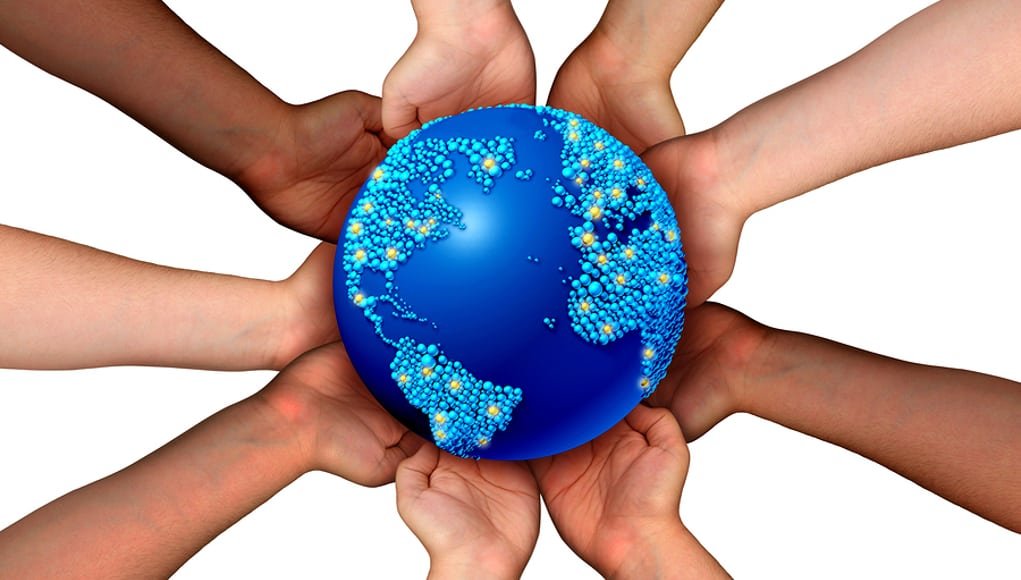
Do you know what’s happening in Japan? How about Brazil? The Middle East? If you only read local or national news, diverse news sources you might miss out on global events that can impact you or shape the world. Following international news sources helps you stay aware of global trends, politics, and cultural shifts.
You might be surprised to find that a protest in one part of the world or a technological breakthrough in another can have ripple effects that eventually touch your life. So, broaden your horizons and tune in to international perspectives.
Pro Tip: If language barriers are a concern, many international news outlets offer English translations, or you can use tools like Google Translate.
Develop Critical Thinking Skills
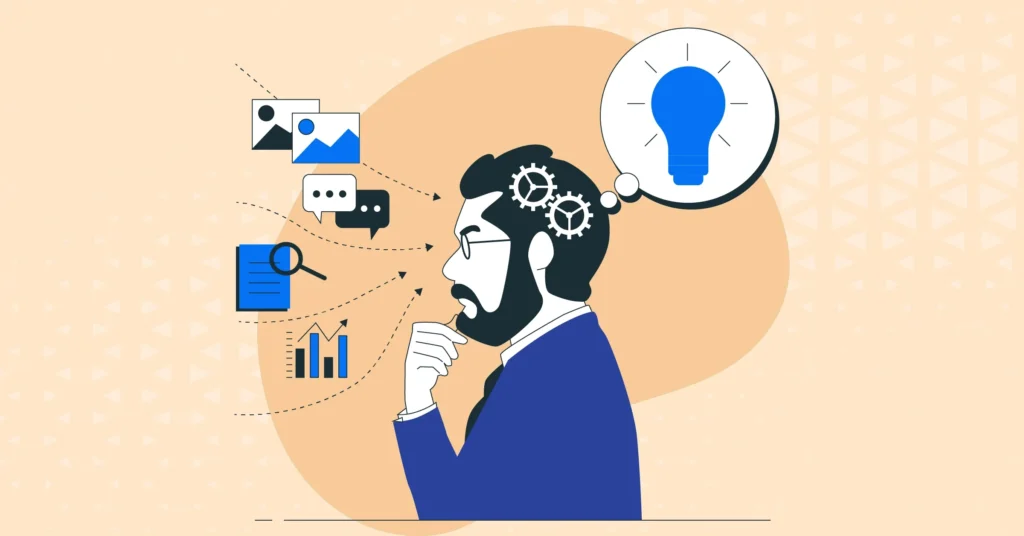
When you’re exposed to multiple viewpoints, you start to engage your brain more actively. Instead of accepting information at face value, you begin to question and analyze what you’re being told. Why is this news outlet framing the story this way? How does this perspective differ from another one?
Critical thinking is essential, diverse news sources not just for navigating the news but for life in general. The more you diversify your news sources, the better you become at spotting inconsistencies, understanding biases, and forming your own well-reasoned opinions.
Bonus: Conversations Are Way More Interesting

Let’s face it, nobody likes that one person who only ever talks about one thing. When you follow a variety of news sources, you become a walking encyclopedia of interesting conversation topics. Politics, science, entertainment, global affairs you name it! Whether you’re at a party, a work meeting, or just chatting with friends, having diverse knowledge makes you a much more engaging conversationalist. diverse news sources (Just don’t be that person who corrects everyone’s facts all the time!)
Conclusion: Feed Your Brain a Balanced Diet
In a world where information is more accessible than ever, it’s essential to follow diverse news sources. Whether you’re trying to avoid bias, stay informed, or simply learn more about the world, expanding your media consumption has countless benefits. So, switch things up! Read that international newspaper, check out an independent blog, and maybe even listen to a podcast from a perspective you’ve never considered before. After all, your brain deserves a balanced diet of facts, too!
And who knows? You might just find a croissant way better than that old cereal you’ve been sticking to for years.
FAQs
Q1: Isn’t it overwhelming to follow so many different news sources?
A: It can be, but it doesn’t have to be! Start small by subscribing to a couple of trusted outlets from different regions or perspectives. Over time, you’ll naturally develop a balanced media diet.
Q2: How do I know which sources are reliable?
A: Always do a quick background check on your news sources. Look for transparency, accountability, and a history of factual reporting. Independent fact-checking websites can help as well. And remember, no source is 100% perfect—so diversify!
Q3: What about social media? Can I rely on it for news?
A: Social media can be a good starting point, but it’s often filled with sensationalism, bias, or outright falsehoods. Always cross-check any news you come across with reliable, traditional outlets before forming an opinion.
Q4: Is it really necessary to follow international news?
A: Yes! The world is interconnected, and events across the globe can affect your local situation in ways you might not expect. Plus, it gives you a well-rounded understanding of world affairs, which is never a bad thing!

